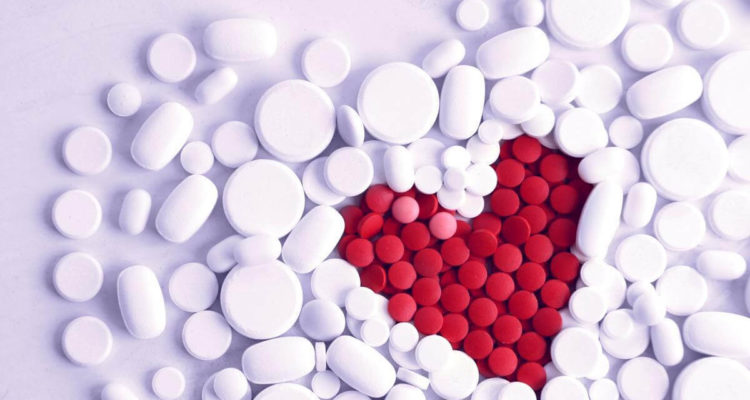
Why drugs affect people differently: research findings
0
According to According to a recently completed study, common drugs can accumulate in gut bacteria. At the same time, their bacterial function changes and the effectiveness of the drug potentially decreases.
Interactions seen with different drugs for diabetes, asthma and depression could help researchers better understand individual differences in effectiveness and side effects.
The study was carried out by scientists from the Medical Research Council (MRC) Toxicology Unit at Cambridge university and the European Molecular Biology Laboratory (EMBL) in Germany, is the first to show that certain types of gut bacteria accumulate human drugs, changing the types of bacteria and their activity.
This can change the effectiveness of the drug both directly, as accumulation can reduce its availability to the body, and indirectly, as changes in bacterial function and composition can be associated with side effects.
The human gut contains communities of hundreds of different species. bacteria that are important for health and disease, called the gut microbiome. The composition of bacterial species varies significantly between individuals and has previously been shown to be associated with a wide range of conditions, including obesity, immune response and mental health.
Study details >
Researchers grew 25 common gut bacteria and studied how they interacted with oral medications. They were chosen from a number of different types of common medicines, including antidepressants, which are known to affect people differently and cause side effects such as bowel problems and weight gain.
The researchers tested , how each of the 15 drugs interacts with selected strains of bacteria – a total of 375 tests for bacteria and drugs.
They discovered 70 interactions between the bacteria and the drugs being studied, 29 of which had not been previously reported.
While earlier studies had shown that bacteria can chemically modify drugs, when they further examined these interactions, the scientists found that in 17 out of 29 new interactions, the drug accumulates inside the bacteria without being modified.
Examples of drugs that accumulate in bacteria include the antidepressant duloxetine and the antidiabetic rosiglitazone. For some drugs, such as montelukast (an asthma drug) and roflumilast (a drug used to treat chronic obstructive pulmonary disease), both changes occurred in different types of bacteria—they were accumulated by one type of bacteria and modified by others.
It was also it was found that the bioaccumulation of drugs changes the metabolism of bacteria. For example, the antidepressant duloxetine binds to several metabolic enzymes inside bacteria and changes their metabolites.
The researchers grew a small community of several bacterial species together and found that the antidepressant duloxetine dramatically changed the balance of bacterial species. The drug changed the molecules produced by drug-hoarding bacteria that feed on other bacteria, so the consuming bacteria grew much larger and disrupted the balance of the community.
The importance of the work
According to one of the project leaders, Dr. Athanasios Tipas of EMBL, researchers are only now realizing that drugs and the microbiome interact with each other, with critical health consequences. According to study co-leader Per Bork, the microbiome should start to be seen as an organ.
MRC Head of Molecular and Cellular Medicine Dr Megan Dowie said the work highlights the importance of the microbiome in drug delivery, efficacy and safety . Much is still unknown about the microbiome, and more work is needed to understand the important molecular aspects that are involved in and influence human response to a number of commonly used drugs.









Leave a Reply